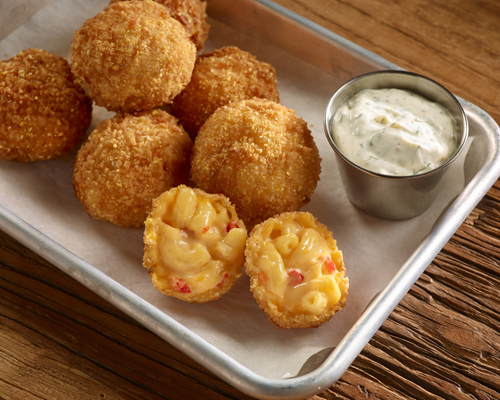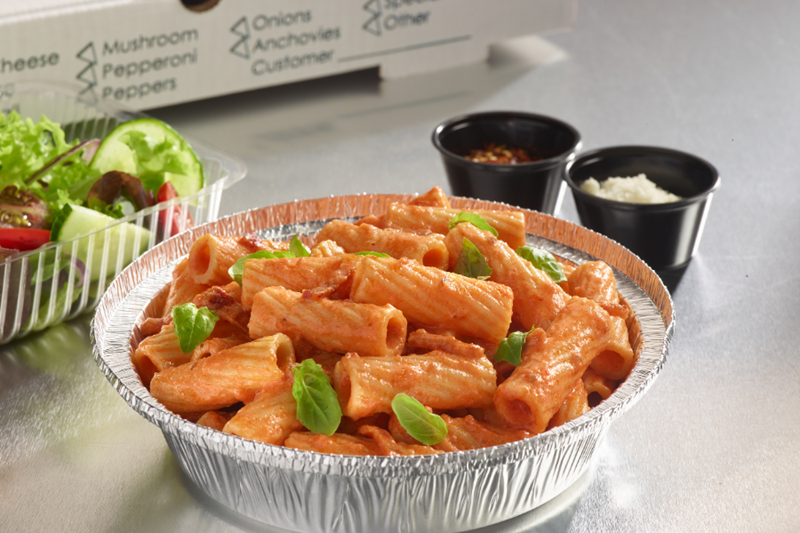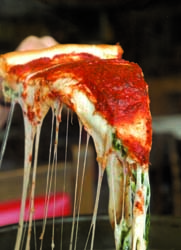How your staff performs during the rush is tightly tied to how well prepped they are. And while having dough made, cheese grated and toppings portioned are all essential, I’m talking about a deeper layer of prep: that of being physically efficient and fast.

NASCAR pit crews spend days practicing pit stops, changing tires and pumping gas rapidly so that under race conditions, every move is second nature. At that level, hundredths of seconds count. My volunteer fire department has elected to formally train at least once a week. Seconds count when a house or business is on fi re or you are trapped in a car wreck and bleeding out. When the pager goes off, you have got to be on your game or possibly be part of a tragedy. When the heat is on, one either shifts into an unconscious competency or is paralyzed with fear. I train the staffs of my clients to be efficient by:
1.) Determining how long each task should take, and;
2.) Timing employees on completing those tasks.
A timer is a great way to objectively measure speed and build a mindset of urgency. It also nurtures healthy competition on staff while shaving dollars off your labor costs. For example, I train just one way to cut a green pepper. I demonstrate how quickly I do it and then expect trainees to copy me. I hand them a bunch of peppers and tell them it should take X minutes to cut all of them to spec. Same with dough production, same with cheese grating or mopping the floor — virtually anything done in a pizzeria can be time standardized.
I expected my crew to set the bar at 100 percent productivity 80 percent of the time. That means when an employee is performing any task at all, it’s at maximum efficiency, even during off-peak hours. And when you’ve blown through the night’s rush or a busy prep period and people could use a break, let ‘em relax. Remember the generally accepted truism that one highly trained and skilled cook can outperform two or more novices? These folks develop their personal high sense of urgency by being really mentored by a master pizza maker. I had several mentors, and every one of these guys had one expectation in common: keep up or clock out.
And remember those labor savings I mentioned? Use them to reward your fastest employees, sometimes with cash or prizes awarded in front of others (I call that building healthy envy), and sometimes with hourly raises. But asking them to perform at full tilt without any gratitude is a recipe for frustration and discontent. When they win, you will, too. ?
Big Dave Ostrander owned a highly successful independent pizzeria before becoming a consultant, speaker and internationally sought-after trainer. He is a monthly contributor to Pizza Today and leads seminars on operational topics for the Internationa Pizza Expo



